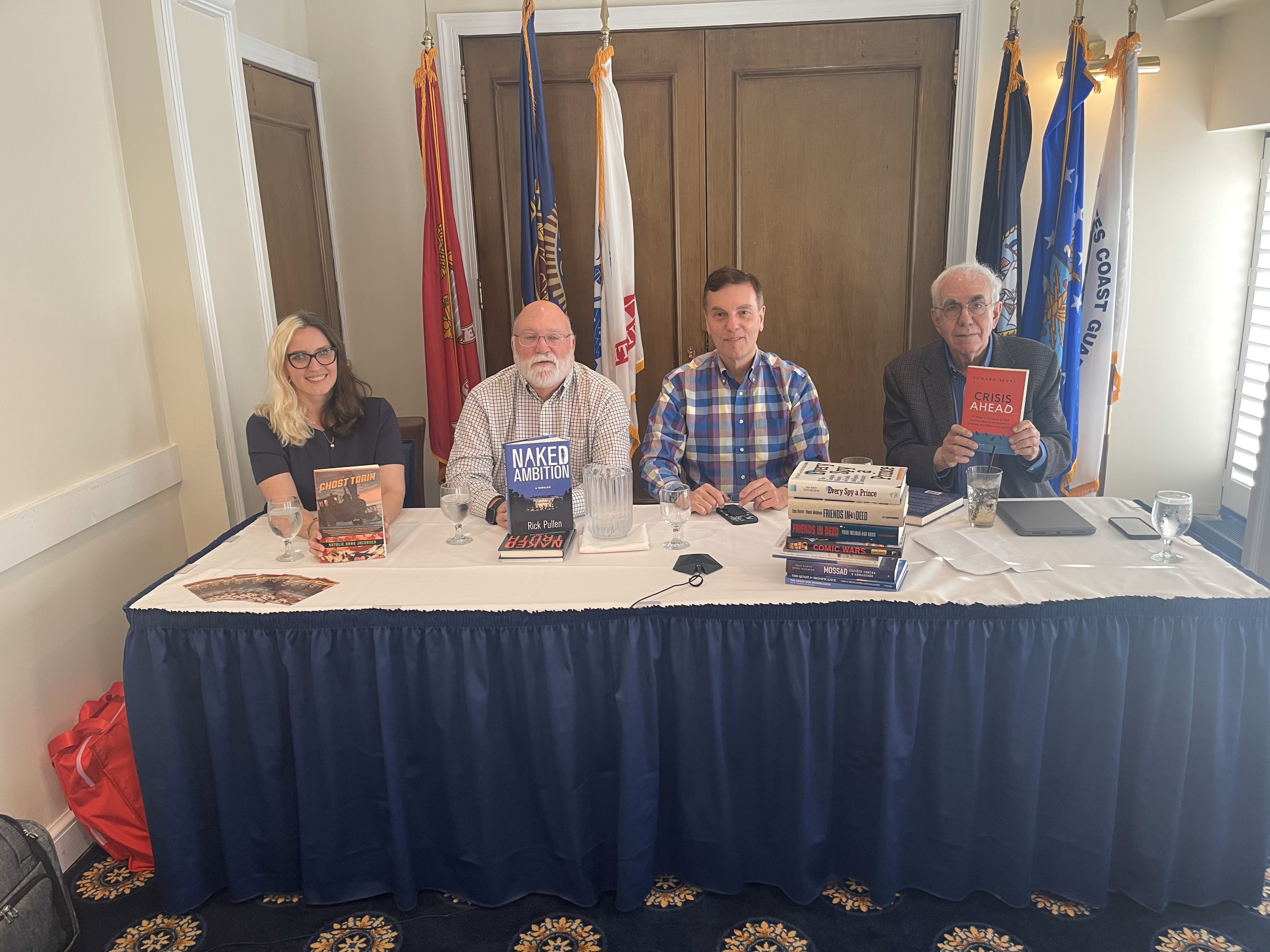Rick Pullen was published by an Amazon imprint, and that luckily meant they promoted it, elevating it to number one. He has been looking to recreate that magic experienced with his debut novel.
All agreed that getting an agent is the preferred way to approach publishing, but both Jacobsen, who published her first novel, "Ghost Train," with a small publisher, and Pullen, author of three crime thrillers, published their first books without an agent—but not because they didn’t try. Jacobsen had 128 agents reject her book. Pullen finally got an agent – after "Naked Ambition" was number one on Amazon in crime thrillers – but it took more than 200 queries before he found an editor to take it on.
“Agents know how to take care of you,” Pullen said. “I have three books out without an agent, but I am very pro agent.” He has recently signed with one, who is shopping around his latest manuscript.
Segal agreed. “I like working with an agent because they gave me great perspective and great advice that really helped with my book proposal,” he said.
The panel ended with advice each would give to journalists wishing to write a book.
“Don’t wait,” Segal said. “Reporters and journalists should exploit their knowledge. You can learn how to be published, you can’t necessarily learn how to write.”
“Don’t expect big money, but expect satisfaction,” Raviv said. His latest book, "The Quest for Significance," was published last month.
“Butt in the chair,” Pullen said. “The problem with people who write books is that they don’t. You have to sit down every day and write.”
Madison Siciliano of the National Press Club staff provided valuable support for the event and contributed to this report.

